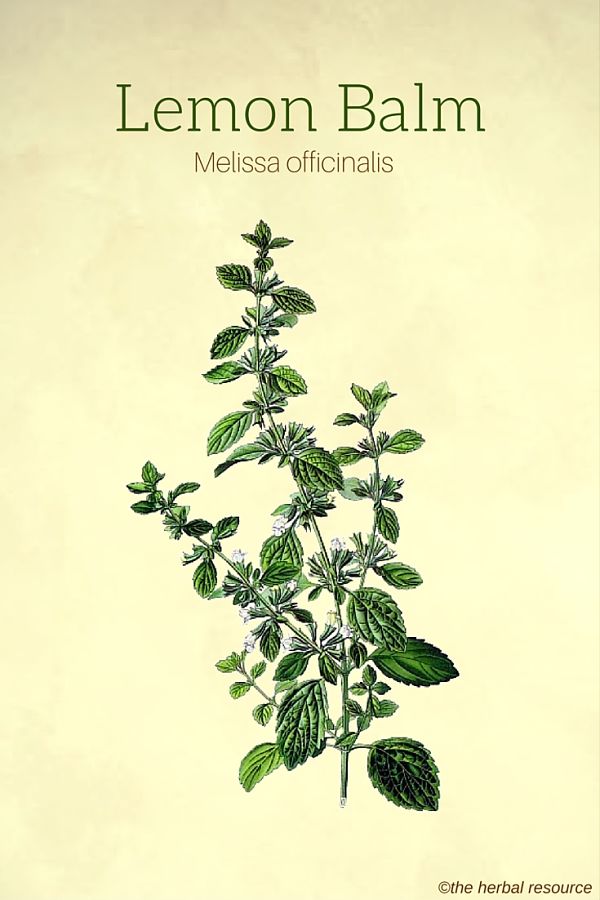When I moved from Los Angeles to Denver in early 2015, I went from apartment living my entire adult life to what I like to call a "grown-up" house. It’s not anything huge, just perfect for two people and two dogs, including a yard for gardening and of course lots of room for dog-play. Of course when we moved in it was during a freak blizzard that left more than 2 feet of snow on the ground. So, it wasn’t until a few months later that I realized what had already been planted in our yard. Coming from the desert and beaches of southern California coupled with apartment living, my knowledge of plants was limited to succulents, herbs for the kitchen and a few potted indoor house plants.
When I saw the ground defrosting and all these little buds coming up everywhere it was magical. I would constantly ask my neighbors what this was and what that was, exploring new nurseries, joining the Denver Botanic Gardens and quickly upping my plant game.
It wasn’t until about a year into living in the new house and wondering what that lemon-y-pledge smell around us was, that I realized I had lemon balm growing in masses on the side of our house. Before the next freeze hit I gathered up those beauties and dried them for tea and tinctures.
When I started my work at Apothecary Tinctura I realized what an amazing herbal medicine lemon balm was. And I found it not coincidence that nearly everything it did I needed in my life. I heard the term “plant ally” thrown around a lot and was never truly sure what it meant until now. Lemon balm was my first plant ally.
Botanical Latin Name: Melissa Officinalis
Botanical Family: Lamiaeace (mint) family
Parts used: ariel parts
Method: Tea, tincture
Actions: Nervine, sedative, antidepressant, antianxiety, antispasmodic, vasodilating, hypotensive, antimicrobial, antiseptic, antiviral, carminative, febrifuge, hepatic
Energetics: neutral to slightly warming
Taste: slight lemon taste and smell, sweet, aromatic, sour
Dosage:Tea - infuse 1 tbsp dried herb to 8 oz of water, steep for 10-15 minutes, drink 1-4 cups daily. Tincture use up to 2 droppers full (10-60 drops) 1-4 times daily, or 2-3 grams of dried herb daily
Contraindications: Pregnancy; Hypothyroidism
Lemon balm is one of the best nervines out there, helping to calm the nerves and heart, aiding in relief with anxiety, mild depression, restlessness, irritability and stress. Ummm… Yes please!
It’s also known as balm, bee balm, and sweet balm. It’s a very nutritive herb, high in magnesium, calcium, B vitamins and protein and great to drink as part of your daily tea. It is part of the mint family, even looks a little like mint, but mostly has a mild lemon taste. It’s easy to drink alone, but I usually end up blending mine with a few other herbs like nettles or oats and chamomile, great for day or night time.
Due to it’s relaxing and antispasmodic effects, it’s great for stomach issues or any digestive distress. Also great for general exhaustion, overactive or stimulated mind and body, and those always on the go. Naturopath doctor, JJ Pursell in her book The Herbal Apothecary says, “Anytime our body is in overdrive, including the physical manifestations of heart palpitations, high blood pressure, manic thinking, and shortness of breath, lemon balm is advised.”
Lemon balm is also antiseptic and antiviral, which also makes it fantastic and an excellent choice for herpes outbreaks. You can use a cream based formula, tincture, essential oil or hydrosols.
Lemon balm is also a mild heart medicine, known for its mild vasodilatation of the peripheral blood vessels and thus lowering blood pressure. This action also helps to promote sweating (diaphoretic) which can help reduce a fever in adults and is gentle enough to use with fevers in children as well. And will help relax the body as well. For some it can also be a mild sedative and help with insomnia.
Lemon balm has been known to be a great treatment for hyperthyroidism because it helps TSH (Thyroid Stimulating Hormone) levels, Specifically, it interferes with the binding of TSH to the thyroid cell membranes and prevents the incorporation of Iodine into T4 synthesis and conversion of T4 to T3. This is also why it generally suggested to avoid lemon balm if you have hypothyroidism or Hashimoto’s. Though some experts say is helps to normalize all high and low thyroid levels, I always suggest asking your practitioner if you have questions.
Helpful uses for lemon balm:
- Anxiety and mild depression
- Irritability, restlessness, stress
- Stomach and digestive issues
- Relieves muscle tension
- General exhaustion
- Insomnia
- Topical relief with herpes
- Overstimulated mind and body
- Hyperthyroidism and hyperadrenalism
- Heart palpitations
- Helps to lower blood pressure
- Manic thinking
- Shortness of breath
- Reduce fevers
- Migraines
- Teething in children
- ADHD
- Colic
- Spasms
- Gout
I love lemon balm in about every form, but tea is always dear to my heart since it's just so soothing to the soul. Here's a few tea recipes from my previous posts that have lemon balm in them:
- A tea for Liver cleansing and daily nutrients
- A tea for migraines and headaches
- A tea for soothing those nerves and stress
Sip, breath and enjoy!

